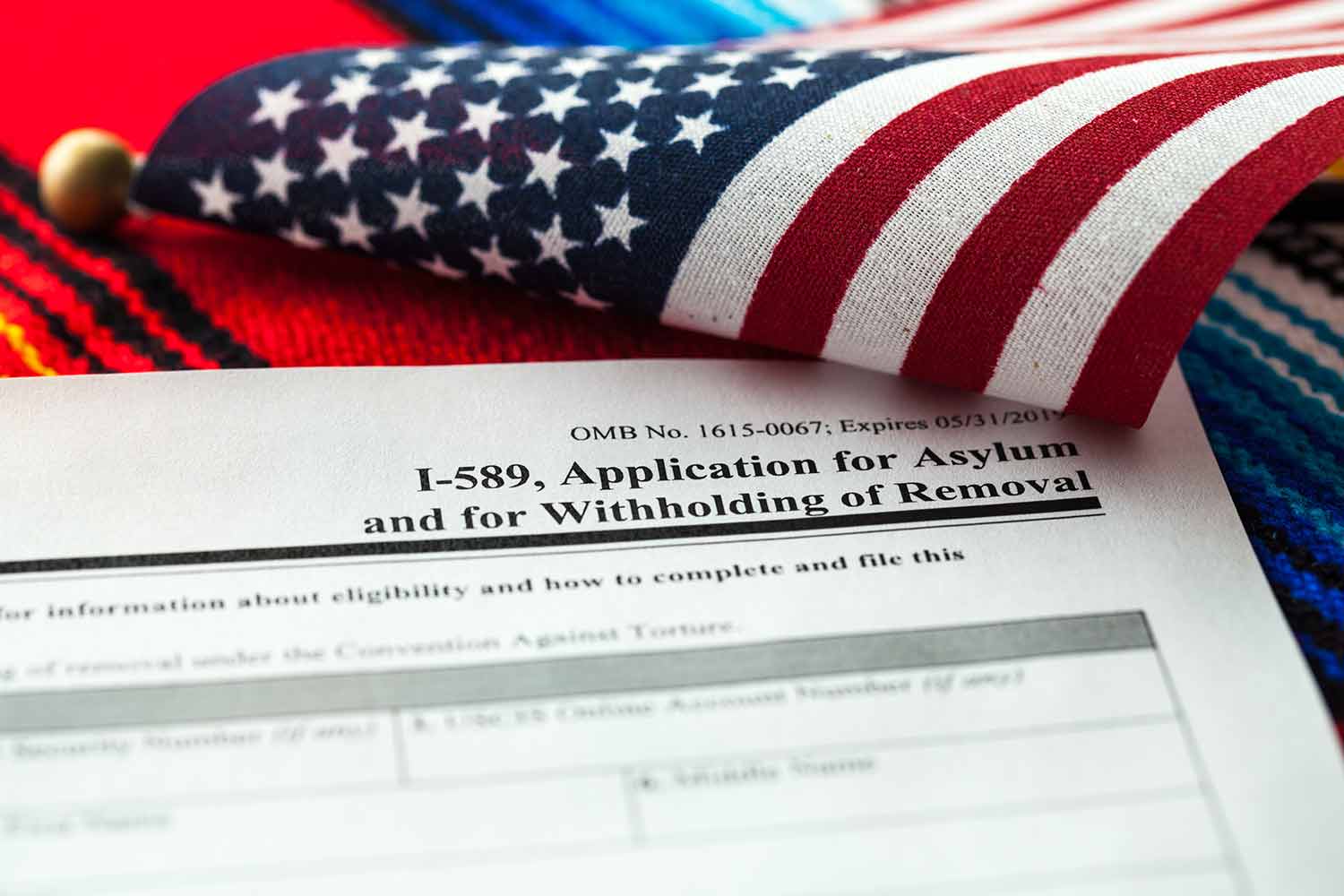Has someone told you that you can green card because your child has a disability? Unfortunately, having a child with a disability will not grant you immigration relief, even if it’s a very serious disability. There are many ways to qualify for a green card or other relief such as family immigration, U VISA, employment based immigration, Asylum, etc. However, being the parent of a disabled child, while heartbreaking, is NOT on the list.
The 10 Year Law – 42B
With that being said, an immigration judge can approve green cards to those who are in removal proceedings that meet specific requirements and deserve special consideration. Having a disabled child is one reason that a judge might find that person deserves special treatment. However, to be eligible you must be in removal proceedings in immigration court.
The requirements for 42B, commonly referred to as the 10-year law, are the following:
- Before being placed in removal proceedings, you were continuously present in the US for 10 years or more;
- You have been a person of good moral character;
- You have not been convicted of one of the specified offenses under the Immigration and Nationality ACT (INA); and
- Removal would cause exceptional hardship to your US Citizen or Lawful Permanent Resident spouse, parent, or child.
Immigration Court
There is a school of thought that requires taking people who are not in immigration court and placing them in removal proceedings. Once in court, that person will apply for 42B – the 10-year law, because they have a child with a disability. However, this is very risky! The judge is not required to grant the case simply because you have a child with special needs. Alternatively, the judge could, as they often do, order you to leave the US and enter an order of deportation. If you are not already in removal proceedings, applying for the 10-year law or a green card because you have a disabled child, means:- Placing yourself in removal proceedings in immigration court,
- Submitting a 42B application; and
- Asking a judge to take into consideration your child’s special needs and your family’s circumstances when reviewing the facts of your case.




